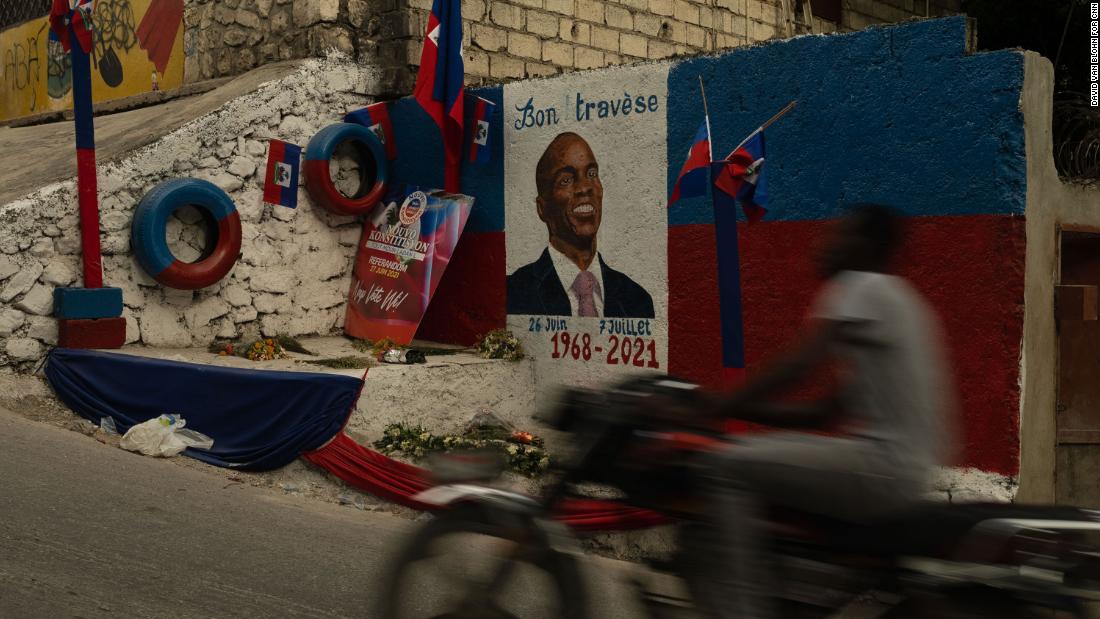New Crime Trends Working Group Aims to Improve National Crime Data Reporting
National crime data is a mess, and last year already-inconsistent agency participation in FBI crime data collection fell by 22 percent. Now, the Council on Criminal Justice is launching a Crime Trends Working Group to try and improve national data reporting and analysis.

The Council on Criminal Justice (CCJ) is launching a new national Crime Trends Working Group to review and make recommendations for improving crime trend data across the country. The group will also report on significant trends to improve and inform national discourse and decision-making on public safety. CCJ announced the new initiative on Thursday alongside a new study analyzing crime trends in 35 cities.
“Our need for credible, comprehensive, timely crime trend data is greater than it’s been in 30 years, and the nation’s inability to produce it invites speculation and manipulation and erodes public confidence in the justice system – and government more generally,” said CCJ President and CEO Adam Gelb.
“If we’re going to have responsible public dialogue and make faster progress toward safe communities, we need to have a much clearer picture of what’s happening and why,” Gelb said.
National crime data is a mess: the Justice Department has been working to help transition law enforcement agencies from the outdated FBI Uniform Crime Reporting program to the FBI’s new National Incident Based Reporting System since 2016. Many have not cooperated.
For 2021, the FBI finally phased out UCR and used only NIBRS data for the first time. Agency participation, which was already touch-and-go in some of the largest cities in the country, fell by 22 percent.
Only 67 percent of state and local agencies across the country are submitting their data, and some of the holdouts who have not submitted or submitted substantially incomplete data to the FBI are in cities or counties that represent a considerable chunk of potential U.S. crime data, including the New York City Police Department, Los Angeles County Sheriff’s Office, Phoenix Police Department and Miami-dade County Police Department.
Can a focused group of experts help improve the troubled state of crime data reporting in the U.S.?
Chairing the Crime Trends Working Group will be Richard Rosenfeld, whose research centers on crime trends and crime control policy. Rosenfeld is a Curators’ Distinguished Professor Emeritus in the Department of Criminology and Criminal Justice at the University of Missouri-St. Louis and former president of the American Society of Criminology.
CCJ is still recruiting the remaining members of the working group team and plans to launch around March 2023. The panel of members will include 15 experts from academia, advocacy, law enforcement, government and the public health sector.
After that, the working group plans to meet regularly on significant topic areas and issue bulletins on the key points of those conversations. Members of the Crime Trends Working Group will eventually produce a final report with core recommendations for improving the collection and reporting of reliable and timely national crime statistics.
The exact approach of the working group will be determined by its members when its roster is finalized, but its mission will remain the same: work to make accurate information about crime trends and crime data more accessible.
“Without a trustworthy base of timely data, it’s impossible to have a clear understanding of what’s going on with crime in this country – and figure out how best to respond,” Richard Rosenfeld shared in a statement to TCR.
“Our working group will develop strategies to improve crime reporting nationwide, and also seek to better illuminate and explain current crime trends to advance public safety,” Rosenfeld said. “I’m excited to be chairing this important effort.”
Recently, Associated Attorney General Vanita Gupta addressed the U.S. Conference of Mayors and called on those attending to “take up the cause,” to get their local police departments transitioned to the new NIBRS reporting system and routinely submitting their crime data.
Gupta emphasized the negative impact incomplete data has on our understanding of hate crimes in particular, but it’s true for our understanding of crime generally.
Federal and local agencies alike are struggling to deliver a full and accurate picture of crime trends across the country. Now, the incoming Crime Trends Working Group will attempt to bridge that gap.
TCR’s coverage of CCJ’s work in crime trend data and the working group’s progress, as well as issues and innovations within crime trend data and reporting overall, will be ongoing. Contact audrey@thecrimereport.org with any tips.

 Landwebs
Landwebs 




















